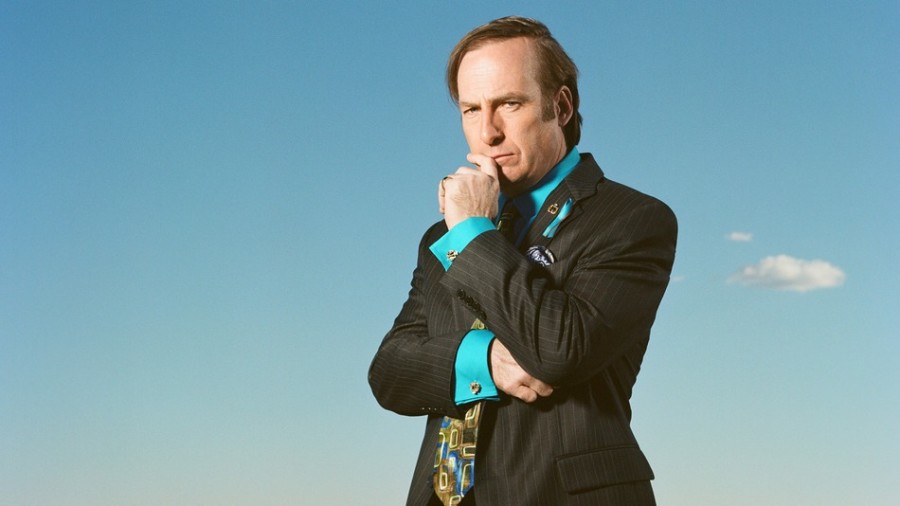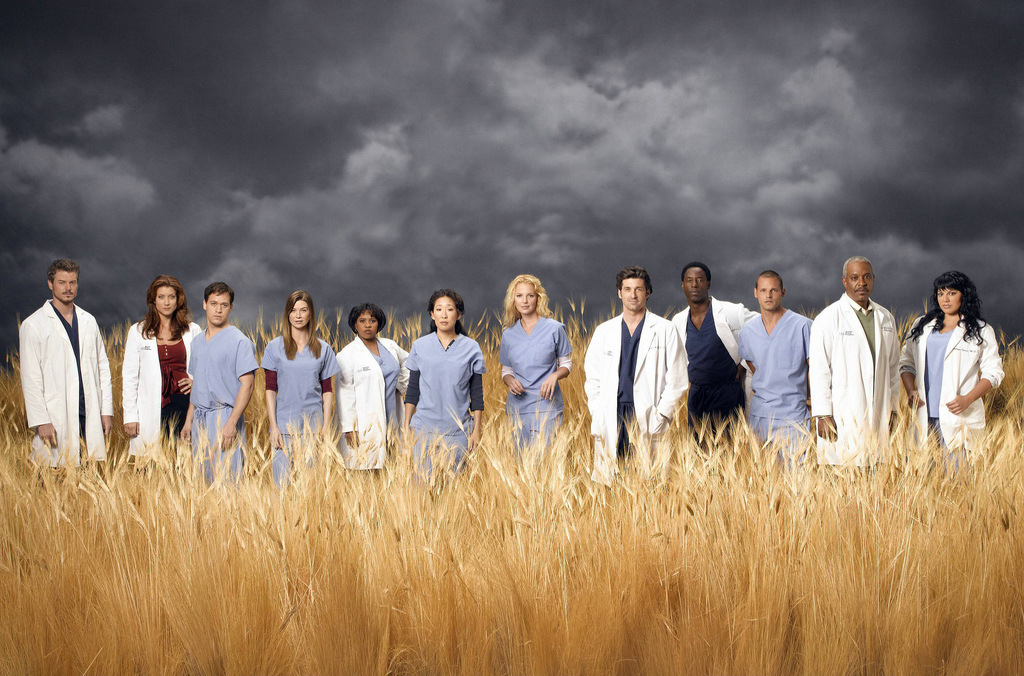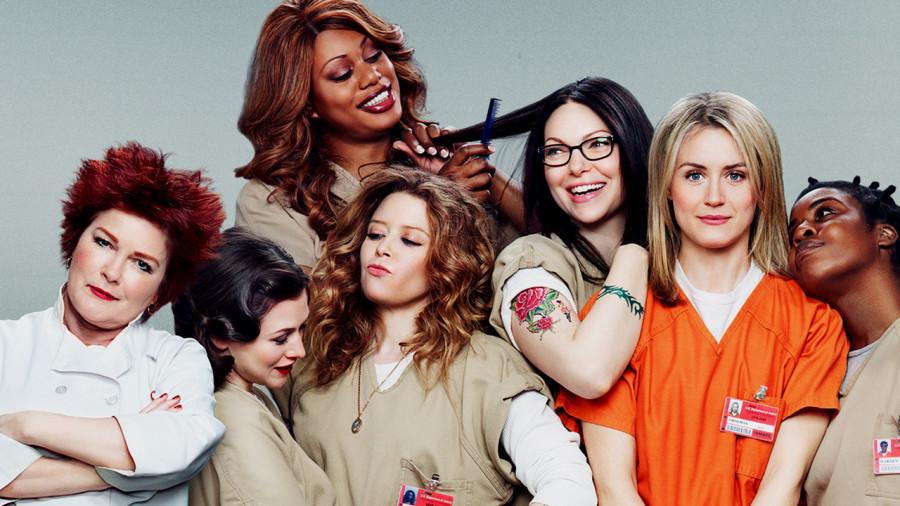
Despite modifications to the medium, some elements persist throughout the changing landscape of television. The first television show that spawned a spinoff was the 1952 variety show, “The Jack Gleason Show.” One of its nightly bits called “The Honeymooners” was so popular that, in 1955, the creators decided to give it its own half-hour slot. Ironically, the show proceeded to falter in the face of stiff competition and ended after only one year.
Nevertheless, following in the footsteps of every other medium finding inspiration in other works, television continues to put out material connected in some way to other shows, movies and books. While some spinoffs become wildly successful, producers should be wary of simply relying on a previous show’s material and disregarding opportunities to enhance the plot. The quality of a story makes for successful television, whether the show is a spinoff or not.
The histories of spinoff shows are full of embarrassing failures, poor execution and botched potential, the funniest and most forgotten example being “Joey,” the ill-conceived spinoff of “Friends” that ran from 2004 – 2006. But there are also amazing successes, like “The Colbert Report,” a spinoff of “The Daily Show” and “NCIS”, in its 11th season and consistently one of the highest-rated shows, originally a spinoff of “JAG.” These and classics like “Family Matters” and “Happy Days” transcend their creative ties to the original material and become their own inspired and iconic work.
In recent years, old shows have been rebooted to drum up new material with a better potential for success. Although the phenomenon is not new, we have seen it most recently in the much-talked-about “Breaking Bad” spinoff, “Better Call Saul.” Momentarily ignoring the claim of TV being a well-oiled machine for cookie-cutter entertainment, any perceived increase in the number of spinoff shows is an almost understandable reaction to the demands of modern pop culture.
Because supply and demand are so connected, there has been an onslaught of not only “prestige” television (your standard “True Dectectives” or “Breaking Bads”), but also television in general. NBC, for example, has six new shows airing this fall, in addition to its 13 returning shows. Of these 19 shows, six could be considered spinoffs, including newcomer “Constantine,” adapted from the comic series, “Hellblazer,” and longstanding powerhouses, “Law & Order: SVU” and “Hannibal.” In contrast, the media giant’s lineup consisted of just nine relatively unsuccessful shows 40 years ago.
Just this year there are at least 10 spinoffs of previous shows and at least eight more that are spinoffs of movies or books. While some fans rejoice at the creation of a spinoff show, others argue that the increasingly popular spinoff “culture” promotes a lack of originality.
From a business standpoint, networks like ABC, CBS, NBC and FOX are no longer just competing against each other. HBO, Showtime, AMC, FX, Netflix and Amazon are all creating new, original content with few limitations on storytelling. In theory, spinoffs give the core four networks the upper hand. Rather than risk the green-lighting of pilots with no crossover fan base, no connections to other shows or characters and entirely new material, networks create spinoffs as alternatives to the risky development of brand new programming.
Unfortunately for executives, television is not just a business. It is a dependent art made up of producers, writers, actors and directors, all with visions to shape a show that will eventually air on televisions and Netflix accounts across the country. This is true of original content and spinoffs alike. It might guarantee a few crossover fans initially, but putting faith in a spinoff solely because it is a spinoff does not guarantee success.
Spinoffs are not necessarily immediate successes in the vein of their originators, as many are looking for “Better Call Saul” to be, or simply cookie-cutter entertainment. They are as dependent upon good writing, good stories, good casting and good direction as original content is. And they are just as susceptible to failure. Original series do not have a monopoly on originality in storytelling. So, be careful about prematurely praising “Better Call Saul” when it premiers this January, and do not be too quick to write it off as a mediocre version of the original. Give the show, and all the other new spinoffs premiering this year, their fair shake. Innovative and inspired stories make great television, regardless of where we first met the characters.




